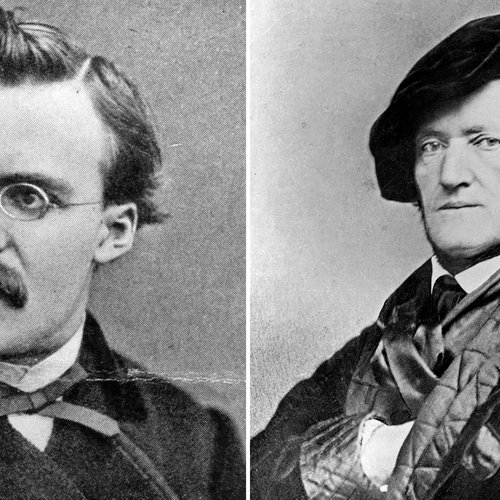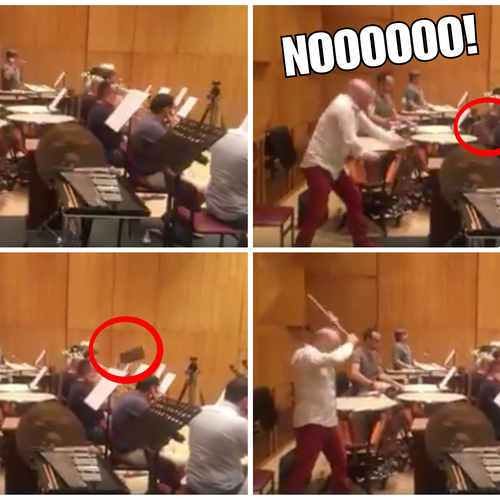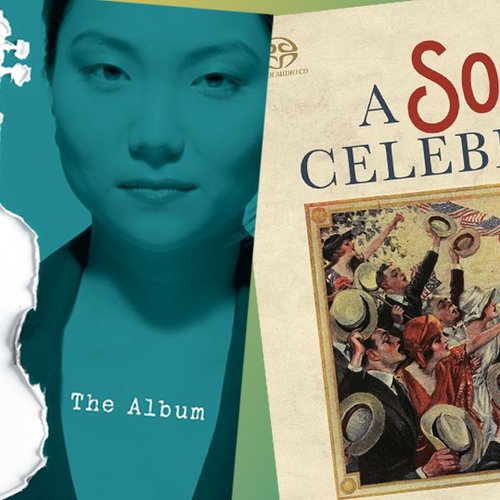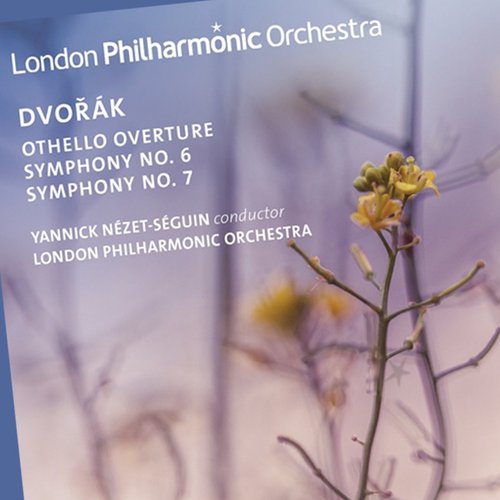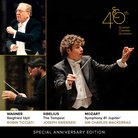John Suchet Reports On Wagner's The Flying Dutchman
I have only one rule when it comes to judging a Wagner opera: did it blow me away? I have Tannhäuser in the summer to look forward to at Bayreuth – the ultimate Wagner experience. What better way to break myself in than a weekend trip to Vienna to see The Flying Dutchman?
I have a thing about Vienna. I went there on my first-ever trip abroad without my parents. It was a school trip and I was 17. We saw the sights – Prater, the river Danube, Vienna Woods. We drank coffee in the Mozart café and saw Beethoven’s Fidelio at the Vienna State Opera (unfortunately the experience was wasted on a 17-year-old. If only I had known).
At the end of the trip we met the Mayor of Vienna in the ornate City Hall. Because my German was the least bad of any in the group, I was chosen to make a short speech of thanks, written for me by our teacher. I was so determined to say it without notes that I sat up half the night learning it by heart. It worked – too well. I can still recite it word for word today, and will do so to anyone who upsets me. While most of the school party bought Mozart chocolates, I bought an LP of Strauss waltzes. Pretentious, yes, but it started a love affair with Vienna and its music that is still in bloom.
So, off to Vienna. I came off air at Classic FM at 1pm on the Friday, boarded the Heathrow Express, and was in Vienna for a Wiener Schnitzel dinner. The next day I took a walk through my past; the City Hall where I delivered that speech and all the Beethoven locations I visited with my wife when researching my first books on him.
On Saturday evening I walked to what is, I believe, the most conservative, traditional, snobbish opera house in Europe. As a small protest, I neglected to don a tie. I soon saw the burghers of Vienna, their patrician faces unsmiling above starched collars – and that’s just the women. But what’s this? Young people in jeans and casual open-necked shirts. Tourists? No, they were clutching tickets. I took out my camera, expecting to be pounced on. But two young ushers on the grand staircase smiled at me and willingly allowed me to have my picture taken with them. I bought a programme from smiling ushers half my age (at €4 it’s half the price charged at Covent Garden) who also guided me to my seat.
The excitement in the grand amphitheatre is palpable as the conductor comes on and the lights go down. I brace myself. POW! The sound of the raging sea swirls over me and I am transported to Wagnerian heaven. The drama that unfolds grips me, moves me, brings smiles at the helmsman dozing off halfway through his love song to his distant love and at the crew’s maritime jig, and as always in Wagner, triggers tears as the tragedy of love and inevitable death ensues.
The climax is one of the most remarkable I have ever seen, even in Wagnerian opera. The heroine Senta realises she has to die to release the Dutchman from the curse that condemns him to sail the world forever. She lifts a fuel can aloft, then spreads its contents across the stage, ending by holding the can over her head and dousing herself.
No, I thought, she can’t. Can she? Oh yes. With the glorious sounds of Wagner’s music flooding off the stage and over our heads, she holds a tiny flame aloft, then throws it to the ground. A ring of flames soars up from the stage, and with her arms held crookedly above her head, she sinks into them. The curtain slowly falls on the tragic end, and the opera is over.
I suddenly realised I hadn’t breathed for almost a minute; my mouth was hanging open, my eyes impossibly wide. I have never seen anything like it. Yes, yes, I know it is not what Wagner wanted. Senta and the Dutchman should throw themselves from the cliff and perish together. But who am I to complain? Did this production blow me away? It most certainly did. I can’t wait for Bayreuth.


